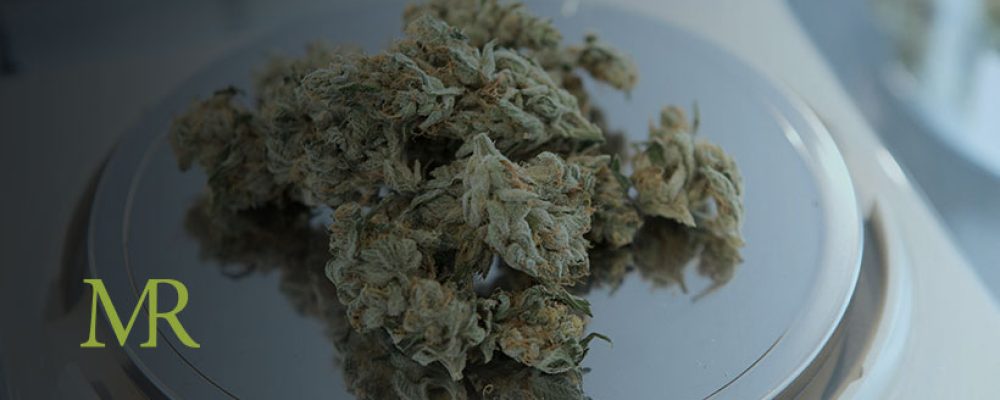Suppose there’s a case to be made for the health benefits of federal marijuana legalization. In that case, the vaping health crisis of 2019 supports that notion. Turns out, the vaping health crisis that hit the cannabis industry predominantly affected states where recreational marijuana is illegal.
A new study from the Yale School of Public Health found that vaping-related lung illness rates were lower in states with legal cannabis. The data, published in the journal Addiction, revealed that Alaska, California, Colorado, Oregon, and Washington — the first five states to legalize recreational weed — had less than one case of e-cig or vaping-related lung injuries (also known as EVALI) per 100,000 residents aged 12-64. On the flip side, the states with the highest count of vaping-related illness — Delaware, Indiana, Minnesota, North Dakota, and Utah — have no legal adult-use recreational marijuana.
Coupled with the study, a news release concluded that in February 2020, the Centers for Disease Control and Prevention noted that vitamin E acetate was the “primary cause” of EVALI. That additive has been associated with lung illnesses. It is a common component in THC e-liquids that are rampant in the black market.
Legalize it
Many are not surprised by the results. Consumers in legal and regulated markets tend to seek widely used, well-regulated and thoroughly tested products.
The study acknowledged that established cannabis markets “may have crowded-out the use of riskier, informally sourced e-liquids.”
The study was authored by Yale Assistant Professor Abigail Friedman. In the Addiction journal article, Friedman said, “If e-cigarette or marijuana use per se drove this outbreak, areas with more engagement in those behaviors should show a higher EVALI prevalence. This study finds the opposite result. Alongside geographic clusters of high EVALI prevalence states, these findings are more consistent with locally available e-liquids or additives driving the EVALI outbreak than a widely used, nationally-available product.”
The study looked at the data correlating between reported EVALI cases per capita as of January 2020 and the pre-outbreak rates of adult vaping and marijuana use. The results should be a feather in the cap of legal weed; it turns out higher rates of vaping and marijuana use were associated with fewer EVALI cases. So, in theory, if e-cigarette or marijuana use was a factor, the rates should have been higher in those areas. They were not. They were, however, consistent with locally available e-liquids or additives rather than widely-used, nationally-available products. Boom. Mic drop.
It is crucial to point out the unintended consequences of policies that forbid smoking cannabis while allowing THC e-liquids. Friedman noted that two of the states where EVALI were most prevalent were states where medical marijuana laws prohibited smokable cannabis. This resulted in pushing some recreational cannabis consumers to swap delivery methods — vaping THC to avoid detection — which Friedman said in the study, “would have increased their likelihood of exposure to contaminated e-liquids when those came on the market.”
Takeaway
Vaping-related lung injuries kicked off the vaping health scare back in August 2019. Since then, the Centers for Disease Control and Prevention (CDC) has confirmed more than 2,800 cases of EVALI and 68 deaths. The CDC concluded its national updates in February 2020 and officially classified vitamin E acetate as a primary cause of EVALI. This additive is most common in THC e-liquids bought off the street via the unregulated black market or home-mixed concoctions.
The EVALI health scare prompted many state and federal legislators to restrict sales of nicotine e-cigarettes. It also prompted Massachusetts to ban all e-cigarettes (albeit temporarily). The study points to the flawed logic in the ramped-up policies; while the intention was good, the end result shows that these restrictions may have targeted the wrong behavior.


